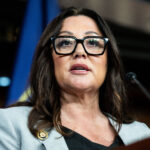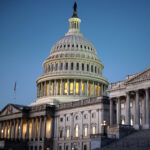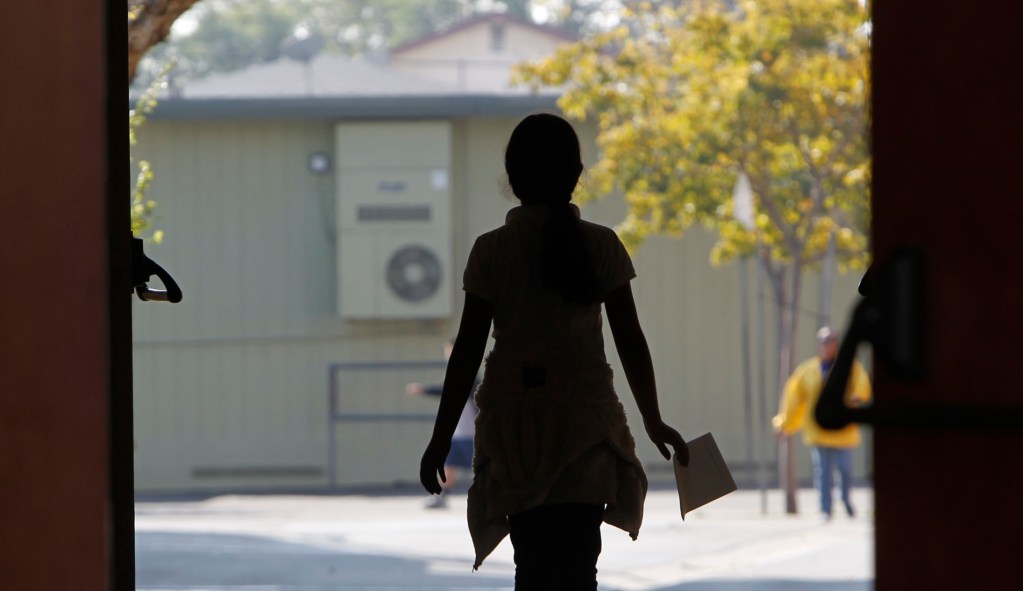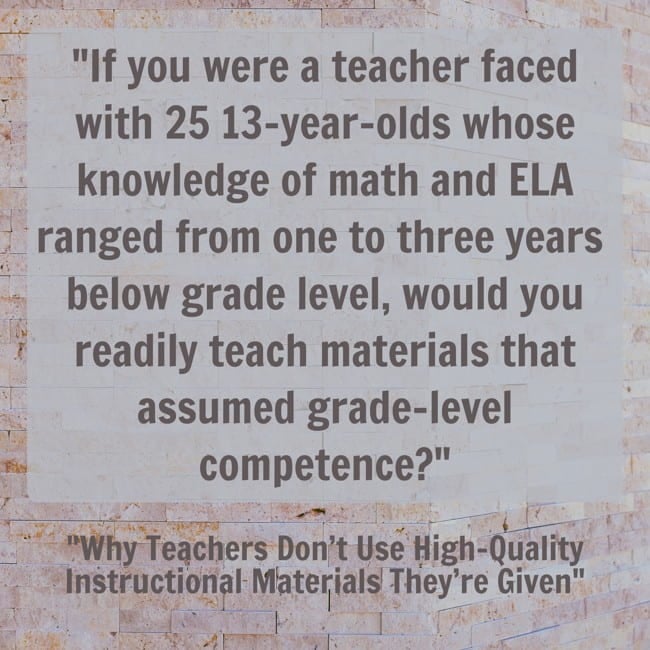Picture a young girl named Emma, who finds herself transitioning from a public school to a private school due to her unique educational needs. The journey that Emma (a pseudonym) and other students like her embark upon will mean entering a world where protections they once relied on vanish.
Every year, tens of thousands of U.S. students are placed in private schools at public expense to receive the Free Appropriate Public Education (FAPE) they are entitled to under the Individuals with Disabilities Education Act (IDEA). These transitions appear promising on the surface.
However, they come with a hidden cost: the loss of the students’ constitutional rights.
Many parents agree with their public schools’ recommendations to move their children to private schools to better address their educational needs. Yet many are also unaware that the constitutional safeguards their children possess in public school, such as the right to equal protection of the laws, won’t follow them to their private placement due to a loophole in IDEA.
If a publicly placed student with disabilities is suspended from their private school, for example, they will not have a right to due process, a fundamental protection for public school students. Private schools are not legally required to provide students with the basic rights to understand the disciplinary charges against them, to hear evidence supporting those charges and to present their own side of the story.
Related: Become a lifelong learner. Subscribe to our free weekly newsletter to receive our comprehensive reporting directly in your inbox.
As an education attorney, I’ve witnessed this unfortunate dilemma unfold time and again: Parents who are aware of these lost safeguards often feel that they have to make an impossible choice — stay in a public school that can’t meet their child’s educational needs, or accept placement in a private school that can, but at the cost of losing constitutional protections.
This is a false choice, however, because it contradicts, among other things, the central purpose of the IDEA, which is to ensure that all eligible students with disabilities receive equitable educational opportunities.
The IDEA should thus be amended to affirm that when private schools opt to take on the public function of providing special education services on behalf of school districts, they also take on the public responsibility of respecting students’ constitutional rights.
The problem that parents and students currently face stems from a legal principle known as the state action doctrine, which emphasizes that the federal Constitution primarily regulates government action — not private conduct. This means that a student’s constitutional protections and right to due process only apply when the government, and not a private entity, is involved in the provision of special education services.
Exactly when the state action doctrine applies, however, has been the subject of much debate in recent years, particularly in the realm of public education.
Previously, the Supreme Court held that a private school serving publicly placed general education students was not considered a state actor because the state had not delegated a “traditionally exclusive state function” to the private school. In a separate case, however, the Court unanimously held that a statewide association governing high school athletic events — comprised of both public and private schools — was a state actor subject to constitutional scrutiny due to the “pervasive entwinement” of public school officials in the association’s structure and operations.
This lack of clarity impacts the students that IDEA is intended to protect. For example, without an opportunity for a fair due process hearing, students with disabilities like Emma can be suspended or expelled from their private school placement for behaviors that are related to, or a manifestation of, their disabilities; the private school does not have to properly consider whether the behavior at issue was caused by the student’s disability.
Related: Students with disabilities often snared by subjective discipline rules
The unjustified suspensions and expulsions that can result disrupt students’ individualized education programs and undermine their ability to effectively learn and make progress toward critical goals — goals enshrined in law, such as comprehensively preparing students for integrated employment and vocational education through transition services tailored to their individual needs and preferences, as mandated by IDEA.
Without being considered state actors, private schools receiving public funds are free to trample on students’ due process rights, free speech protections and more — constitutional safeguards those same students would otherwise possess if their public schools could have met their legal obligations under IDEA in the first instance.
No student’s constitutional protections should depend on the setting in which they receive their education. All students placed by school districts in private schools as a means of providing FAPE should thus be entitled to the same legal safeguards as those who remain in public classrooms.
Congress has the power and the moral imperative to correct this injustice. It’s time to make equal rights a reality for all students with disabilities.
Chris Yarrell is a staff attorney at the Center for Law and Education.
This story about students with disabilities in private schools was produced by The Hechinger Report, a nonprofit, independent news organization focused on inequality and innovation in education. Sign up for Hechinger’s newsletter.
The post OPINION: Students with disabilities should not lose their rights when they are placed in private settings by public school systems appeared first on The Hechinger Report.
Picture a young girl named Emma, who finds herself transitioning from a public school to a private school due to her unique educational needs. The journey that Emma (a pseudonym) and other students like her embark upon will mean entering a world where protections they once relied on vanish. Every year, tens of thousands of
The post OPINION: Students with disabilities should not lose their rights when they are placed in private settings by public school systems appeared first on The Hechinger Report. Opinion, Solutions, Criminal Justice, Law and policy, Parents, Special education, teachers The Hechinger Report










